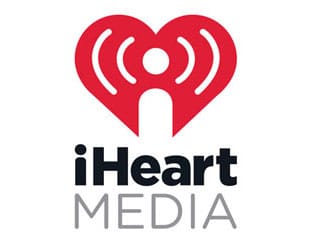First, it was the Recording Industry Association of America (RIAA).
Now, Republican FCC Commissioner Mike O’Rielly has the Chief Compliance Officers at three of the world’s biggest recorded music companies in his cross-hairs.
O’Rielly still wants answers in response to an August 7, 2019 report in Streamline Publishing’s Radio Ink that suggests a “pay-to-play it” atmosphere persists at radio stations across the U.S.
A letter dated Jan. 16 and shared publicly by the Commission on Tuesday (1/21) was sent by O’Rielly to Sony Music Entertainment SVP and Deputy General Counsel Wade Leak; Universal Music Group Head of Global Compliance Saheli Datta; and Warner Music Group SVP/Deputy General Counsel Trent Trappe.
In it, O’Rielly noted how in September 2019 he wrote to the RIAA to inquire “into recent reports of practices potentially in violation of federal anti-payola laws and regulations.”
The RIAA’s response was derided by O’Rielly as “underwhelming.” That’s because the organization passed the buck, he argued. This led him to reach out directly to the label owners.
O’Rielly wrote, “While the [RIAA] response was appreciated, RIAA claimed that it was not in a position to survey its members’ anti-payola practices and submit responses collectively. Instead, it recommended that I reach out directly to each of you to gain insight into what processes your company has in place to ensure compliance with federal legal provisions. This letter is intended for that purpose.”
For O’Rielly, “Even the most cursory review of consumer complaints and assertions provides cause for concern regarding the persistence of payola. And, in recent months, some artists have responded forcefully against accusations of payola. which speaks to the seriousness of the issue. Yet, there is no shortage of accusations that financial enticement is in some cases driving chart rankings, album and song sales, and commercial success.”
Accordingly, O’Rielly wants answers — specifically, to a series of questions on “the mechanisms put into place to prevent payola” within their respective organizations. He wants responses by the end of February.
What he receives could be similar to the response from the RIAA, however: independent promoters, and not the big record labels, may be at fault if the accusations prove true.
Answers could be five weeks away … with little new insight into a problem that’s landed front and center into the radio industry’s FCC lead.





